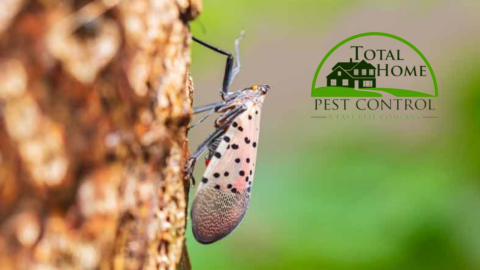A new vaccine developed by Yale University researchers has developed a vaccine that offers protection against Lyme disease. Tests have been proven in Guinea Pigs. Whether it works in humans remains to be seen.
Black-legged ticks (Deer Ticks) transmit Lyme disease to about 40,000 people in the U.S. each year, but those are only the cases we know about. The Centers for Disease Control and Prevention estimates that number is actually 8 – 10x higher than reported.
The vaccine is delivered by the same mRNA technology that has proved so effective against COVID-19.
“The vaccine enhances the ability to recognize a tick bite, partially turning a tick bite into a mosquito bite,” Fikrig said. “When you feel a mosquito bite, you swat it. With the vaccine, there is redness and likely an itch so you can recognize that you have been bitten and can pull the tick off quickly, before it has the ability to transmit Lyme disease.
Researchers did note a caveat in their findings: In similar experiments, mice, which are unable to acquire natural tick resistance after infection, were not protected against Lyme disease after vaccination. In fact, in contrast to guinea pigs, mice are a natural reservoir for Black Legged ticks, suggesting that ticks may have evolved to develop ways to specifically feed repeatedly on mice. Another possibility may be that guinea pig skin, like human skin, is more layered than the skin of mice. Fikrig said there still needs to be more studies to discover ways proteins in saliva can prevent infection. Ultimately, human trials would need to be conducted to test its efficacy in people.
Yale’s Andaleeb Sajid, Jaqueline Matias, and Gunjan Arora are co-first authors of the research. Weissman at UPenn is also a co-author. The research was primarily funded by the Cohen Foundation and the National Institutes of Health.




